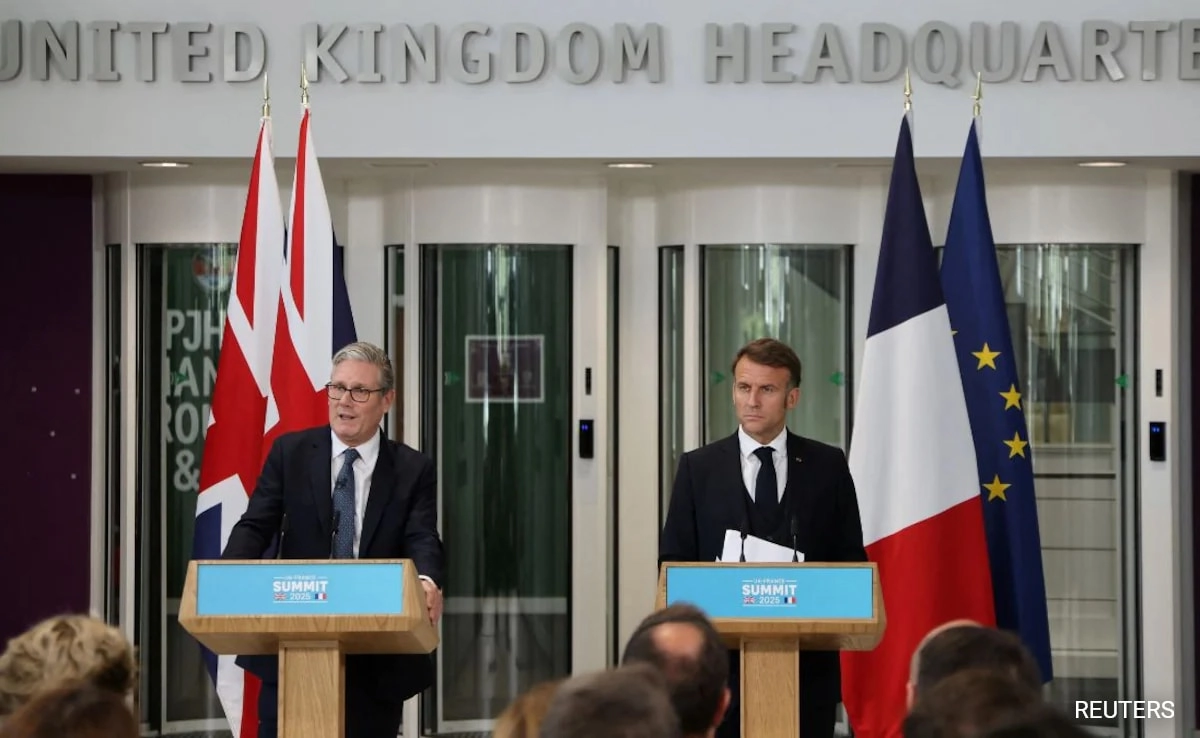Britain has announced the first successful return of a migrant to France under the newly established ‘One In, One Out’ agreement, a significant step in the ongoing efforts to manage migration across the English Channel. This deal aims to facilitate the swift return of individuals who cross into the UK illegally while permitting a regulated number of asylum seekers to enter the country under controlled circumstances. The initiative seeks to alleviate the pressures faced by the British immigration system, which has been grappling with a surge in small boat crossings and the associated humanitarian challenges.
The return of the first migrant marks a crucial milestone in the bilateral cooperation between the UK and France regarding immigration control. Officials have emphasized the importance of this agreement in deterring unlawful crossings and reinforcing the message that those who attempt to enter the UK via unsafe routes will face consequences. By enabling the rapid return of migrants, the UK government hopes to foster a more orderly and humane approach to asylum processing. The deal is expected to also strengthen border security and improve overall management of migration flows across the Channel.
Critics of the agreement have raised concerns about its potential impact on vulnerable individuals seeking refuge. They argue that while the deal may help to streamline the process, it could also lead to the unjust treatment of those fleeing conflict or persecution. Human rights organizations have called for caution, urging both governments to ensure that the rights of migrants are protected and that returns are conducted in accordance with international obligations. Ongoing monitoring and evaluation of the agreement’s implementation will be crucial in addressing any emerging challenges and ensuring that it meets its intended humanitarian goals.
As the UK and France navigate the complexities of migration policy, the success of the ‘One In, One Out’ deal will likely hinge on effective collaboration and open communication between both nations. The commitment to shared responsibilities in managing migration flows reflects a broader trend among European countries to tackle this pressing issue collectively. The outcomes of this agreement will be closely watched, as they may set a precedent for future migration policies within the region and influence the discourse surrounding asylum and border management on a larger scale.




